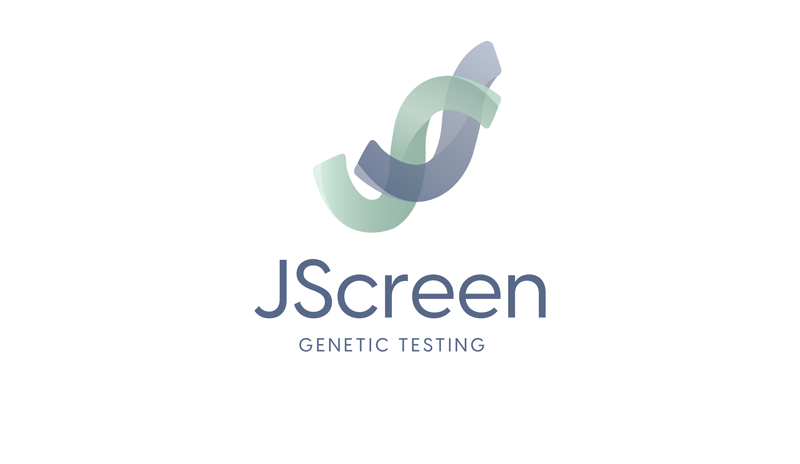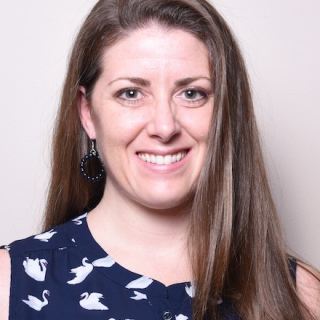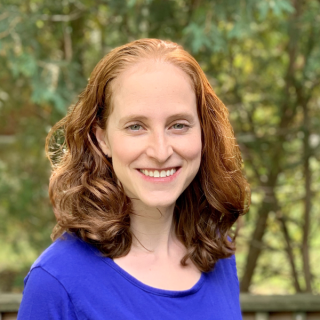Your genes hold the keys to your health.
JScreen’s genetic testing can be a powerful tool in the prevention or treatment of cancer.
What if instead of hearing “you have cancer” you were told “you’re at risk for cancer and can do something to prevent it”? Genetic testing gives you the best chance at preventing and fighting hereditary cancer.
CancerGEN is a genetic screening test that looks for gene mutations that put you at risk for certain types of cancers.
This convenient, at-home saliva testing program offers:
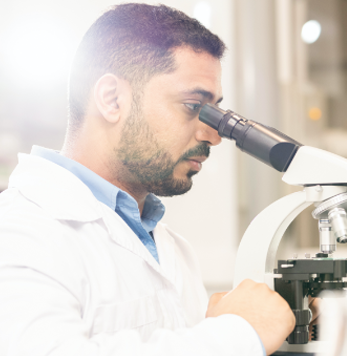
Medical-grade, comprehensive screening panel with 60+ cancer genes
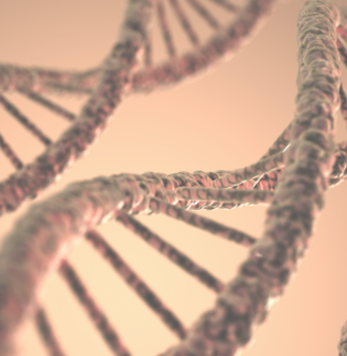
State-of-the-art DNA sequencing technology with the highest detection rates

Personalized support from a genetic counselor

Flat program fee
CancerGEN is designed for individuals 21 years and older.
4 Simple Steps
1
Order your
kit online
Complete the online kit
request form. You will need
to include information about
your doctor so that we
can coordinate your
test order.
2
Get your kit
in the mail
Once a valid test order
from your doctor is received,
you will receive a saliva
collection kit in the mail.
3
Collect your saliva
and mail it to the lab
Spit in the tube and send your
sample to the lab in the pre-paid
envelope included with the kit.
4
Receive your results
with a genetic
counselor via telehealth.
Results are typically available within
3 weeks. A 15-20 minute phone or
video appointment with a genetic
counselor is required for
most participants.
Genetics and Cancer Screening
Genetic testing can help identify whether a person is at increased risk for developing certain cancers in their lifetime. When a person knows about their hereditary risk, they can work with their health-care providers to reduce their risk for developing cancer, or to detect it at an early, treatable stage. Testing can also be helpful to identify treatment options for people already diagnosed with cancer.
A better understanding of your genetic risk give you control over your health.
1 in 8
cancer patients has a gene mutation passed down through their family.
Learn more about the lifetime risk of different cancers.
